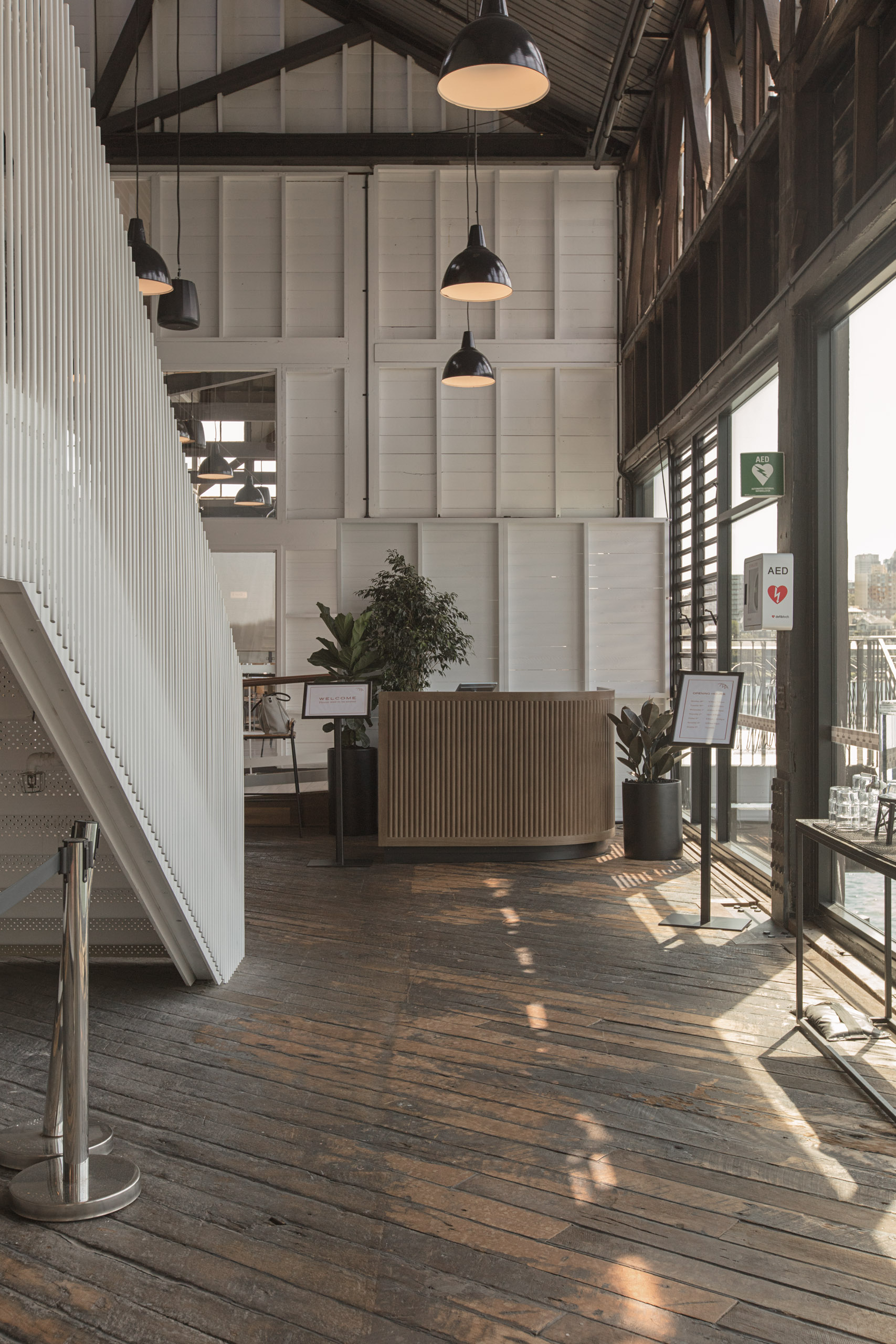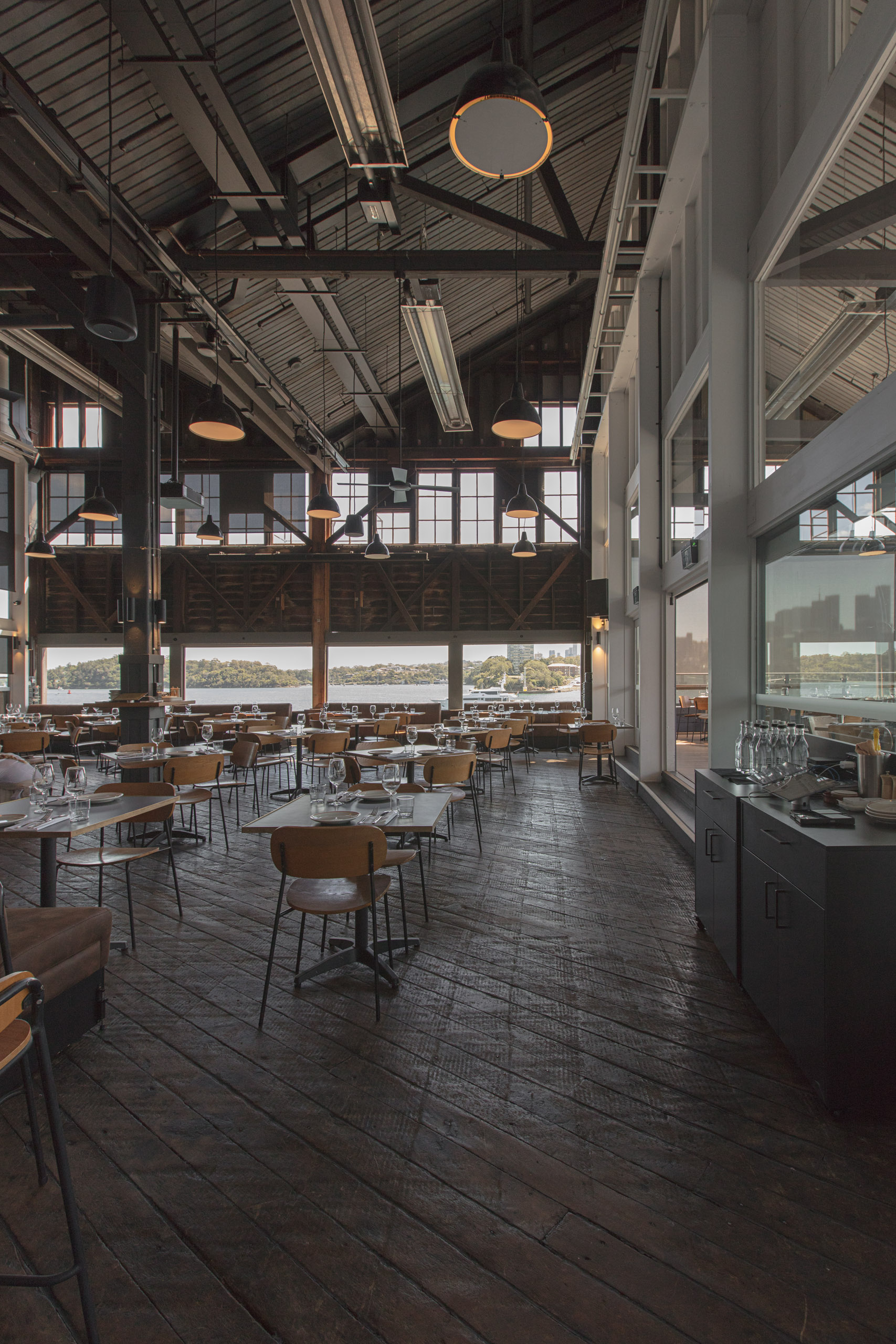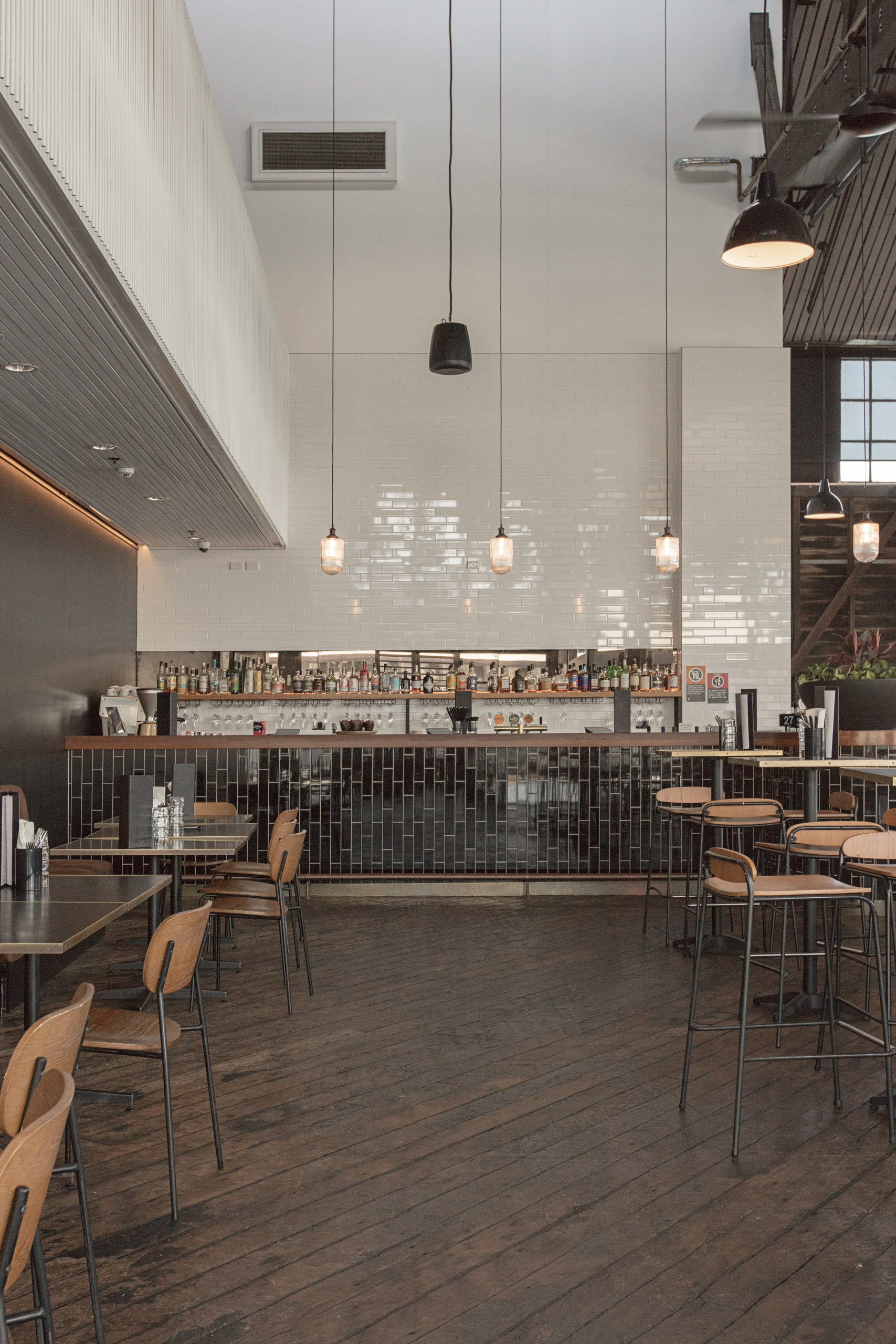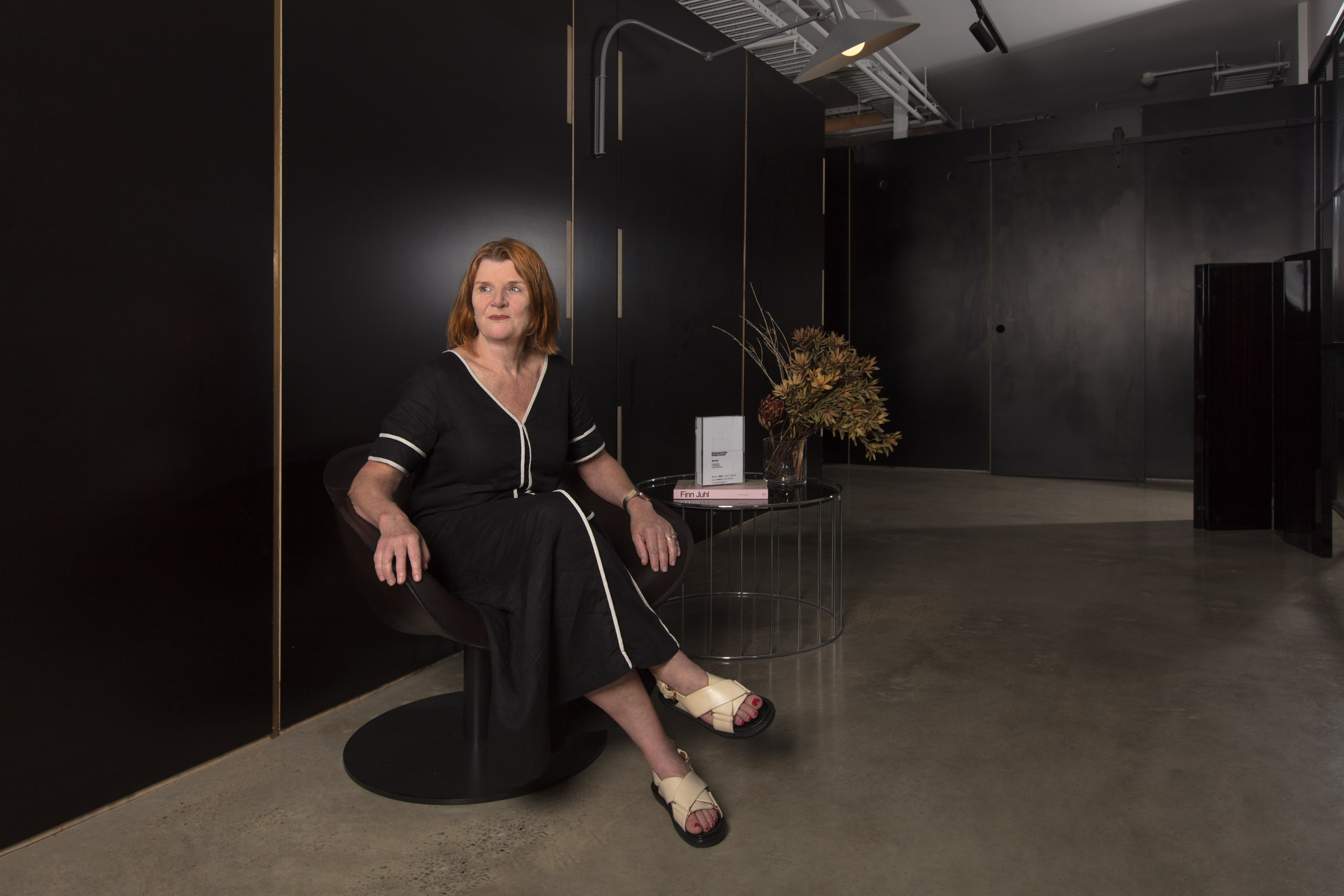
Interview
Kathy Savill
PHOTOGRAPHY BY WILLIAM LABOURIER
Is it true, Kathy, you were at one stage eyeing off a career in journalism?
Well, yes – I’d always been curious so I think that’s why I headed that way, to do communications [at a tertiary level]. But I finished school really young – I turned 17 the night of my year 12 formal – and I got to university and just thought, I’m not actually ready for this life – I’m into smoking, drinking, dancing, playing pool. So I left uni, took a gap year, and worked in a ski resort.
And that ultimately shaped your path to hospitality?
Going back a step, I’d worked for a caterer when I was 16 – a part-time job at school and I’d loved it. Then I had the year off and then got into study hospitality management the following year, which in those days people didn’t really do. There were no event management degrees, there were none of those things. So I did TAFE at Ryde [Sydney] and it was a really interesting course because you do two years of commercial cookery, you started to be a chef, you also do housekeeping, you do accounting, you do everything. And I so I just started in the industry like that a very long time ago.
Journalism is about being interested and engaged with people and their stories. And hospitality is very much people-led – is there an aligned attraction here?
If I’m talking my language of love, it would be service and looking after people. I grew up in that environment – my mum was a great entertainer and the family meal was important growing up. It was an event – sitting around the table talking. The table was a great place to be and I just always liked looking after people.
The career has taken a few twists along the way – a sports travel business where you basically established the ‘organised’ schoolies sector. There was also a gifting business in the UK. Fair to say there’s an entrepreneurial spirit that frames much of what you’ve done?
I like to think differently about what can be done – I don’t ever think I’m attracted to entrepreneurial thinking. But I do surround myself with entrepreneurs, but I don’t actually think of myself as an entrepreneur.
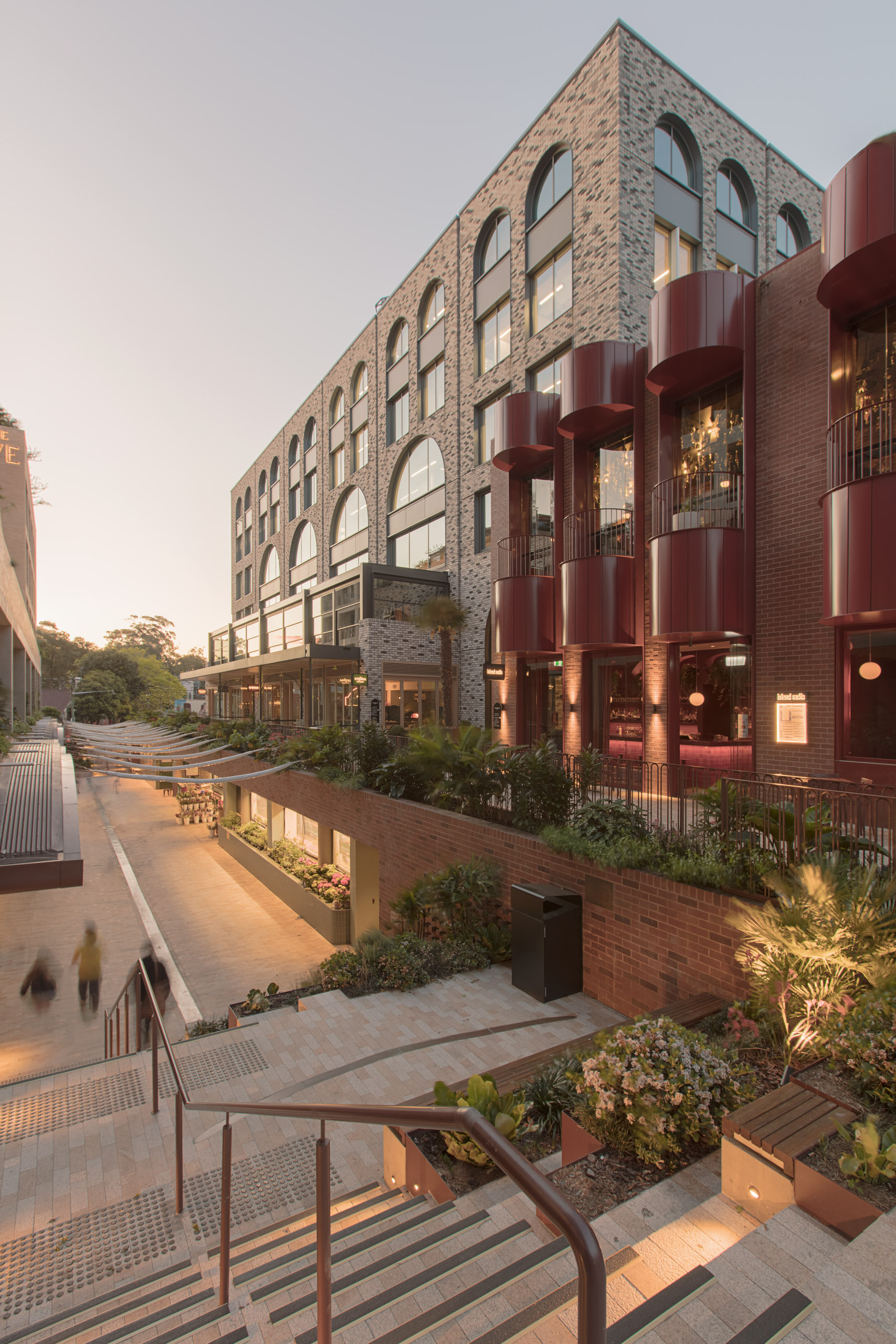
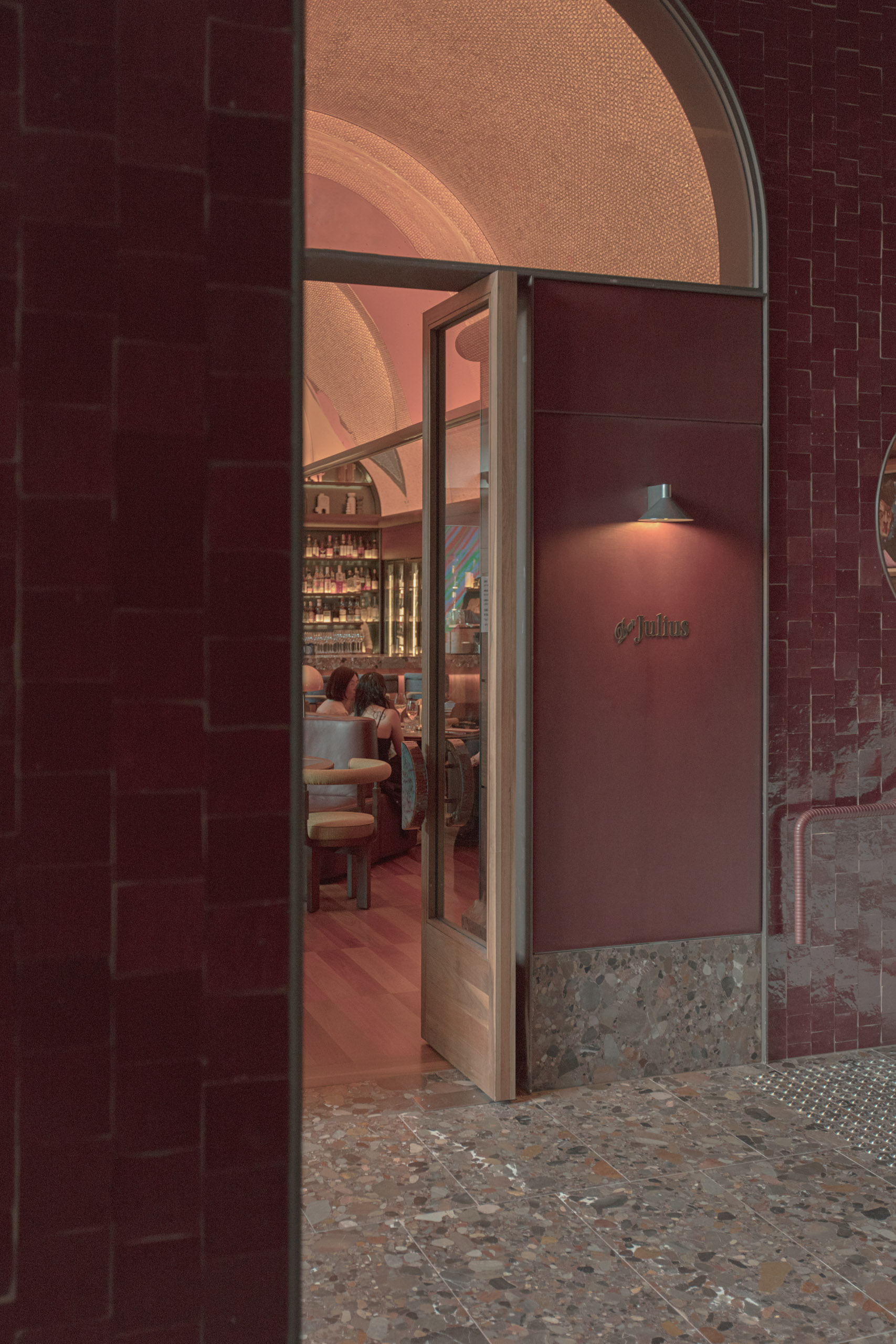
You eventually returned to Australia and started in a newly convened role at Merivale – which had just made its moves with Sydney’s The Ivy. Tell us about that.
It was 2008, great timing with the GFC, but I came over [to Merivale] in a new business development role for events. And that role speaks of what [Merivale owner] Justin [Hemmes] was really going after even back then – looking at expansion and bringing people on. The Ivy Ballroom opened in my first week and needed to be filled… And from there I put my hand up to be the head of functions and events, and that was the start of what became 11 years with Merivale.
Those initial years really laid the foundation and set-up what is today a billion-dollar hospitality business.
I think the first two years, 2009 to 2011, are the hardest I’ve ever worked – it was 24/7 and relentless. Our leadership team really came together in around 2011 and quickly grew. And that’s why I love a business like Merivale, because it was about making change; waking up every day and seeing how you can improve, what can you do differently, that the mindset … And Justin [Hemmes] is many things, including a visionary. I think I’ve probably sat for four-and-a-half-hours discussing table height with him. He’s into every minute detail, which is incredible to be around… It was a great re-entry for me having been away for 10 years to come and start in this organisation that, I mean it’s a cliché to say it’s a family, maybe a dysfunctional family at times, but incredible relationships came from it and which I still have today.
What prompted you to move on?
In 2019 a couple of things happened outside of work that made me think, ‘what the fuck am I doing?’ I’ve been here 24/7 for 11 years – my youngest daughter was three when I started and she was then 15. And then a couple of other things happened and so I gave notice, went to the AFL Grand final with two of my work husbands and had a crazy weekend and then gave myself six months to reset and think about what I wanted to do.
Fair to say there’s never been a set plan with the career – it’s moved in a rather fluid motion from one thing to the next, which now sees you consulting on major hospitality projects with your own business, A Bite At A Time (ABAAT).
There’s definitely been work stresses but I’ve never worried about what’s next. I don’t plan my career and I’d never thought about being a consultant – it hadn’t never crossed my mind. But I ran into Dave Galvin [Site Hospitality] and we had a coffee and spoke about what he was doing on the Gold Coast and he asked me to work on a sales and marketing project for a hotel brand he was working on.
It’s grown from there.
Yes – working with TOGA on some venues in the Surry Hills Village or on the Powerhouse [Parramatta] and others like the Wharf Restaurant & Bar… I work in various capacities on these projects. It’s evolving. I guess you’re trying to see all the pieces come together, and this might be my business, this might be my consultancy in hospitality, but I’m taking on all different aspects; I think I’m a real generalist when it comes to hospitality.
Tell us about that business name. It’s unique.
People thought it was a takeaway business to begin with. The reason for the name is that’s how you tackle a problem – ‘how do you eat an elephant? A bite at a time.’ An ex-CFO at Merivale said that, and it just always stuck in my head. The thing is, I’ve never wanted to build an empire – I have no desire to employ anyone, but I love to partner with the right people for a project.
What do you think are the main misconceptions when it comes to hospitality and crafting a successful business?
It’s kind of nuts – what makes it perfect or different or what ‘it’ is. Because it’s all of these different elements. And I’m always surprised by people’s understanding of hospitality. People think they’re experts because they go out and eat. So, everyone’s got an opinion, but there are so many moving parts – design considerations, people and culture and finance departments and all of that – to running a successful hospitality business. But people think they know because they’ve eaten in a restaurant.
What’s next for ABAAT? What are you eyeing off or hope to achieve?
I’d love people to walk into cultural institutions and have a really incredible hospitality experience. I’m not sure that’s been nailed … yet !!
At the end of the day – what drives your desire to be part of can be a tricky industry?
I love the people in it. They’re great people. They are friends for life. And I had a very significant birthday last year and my very old school friends looked around and who are all these people? And they’re my hospo family. They are such a part of my life.
